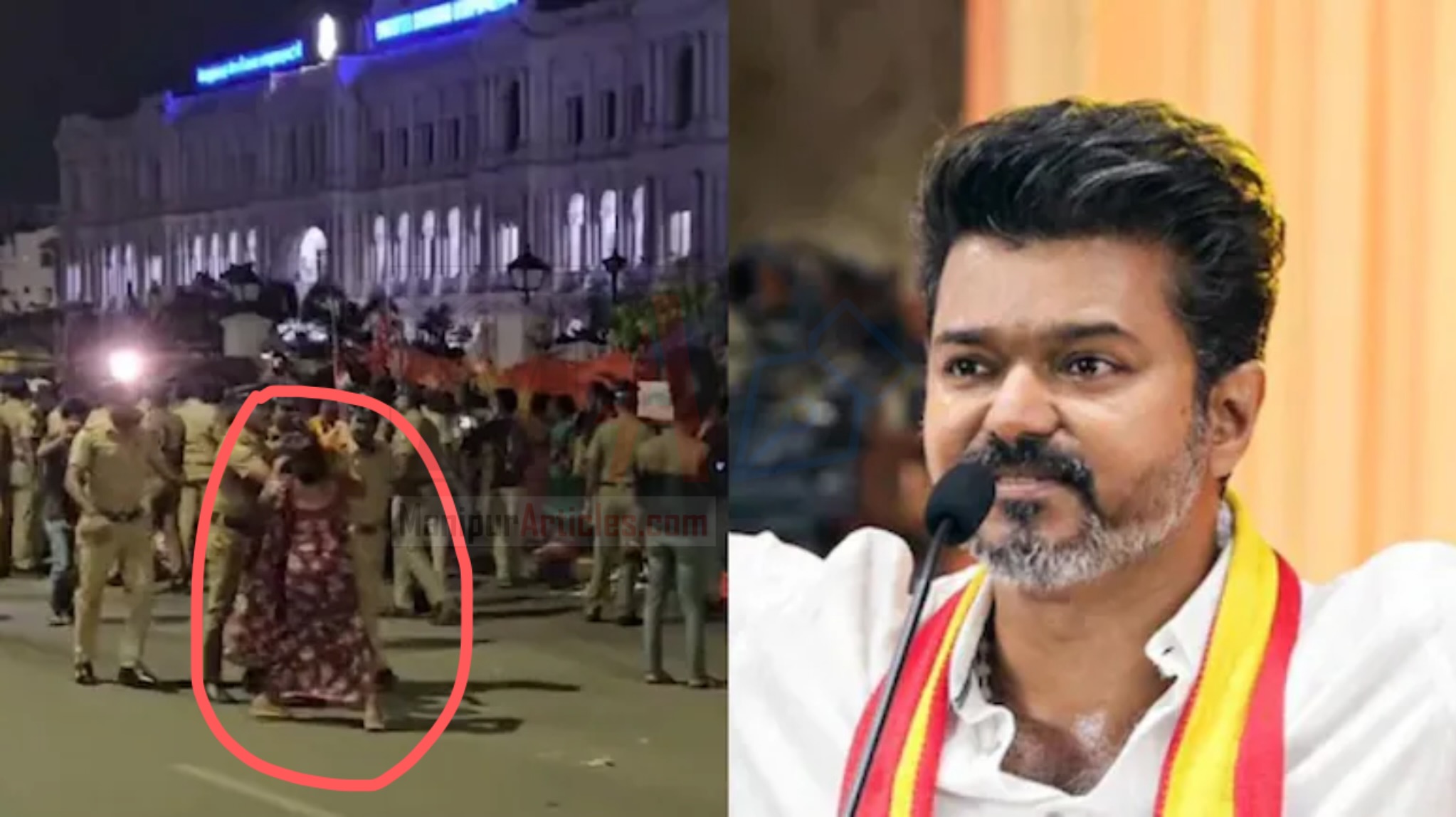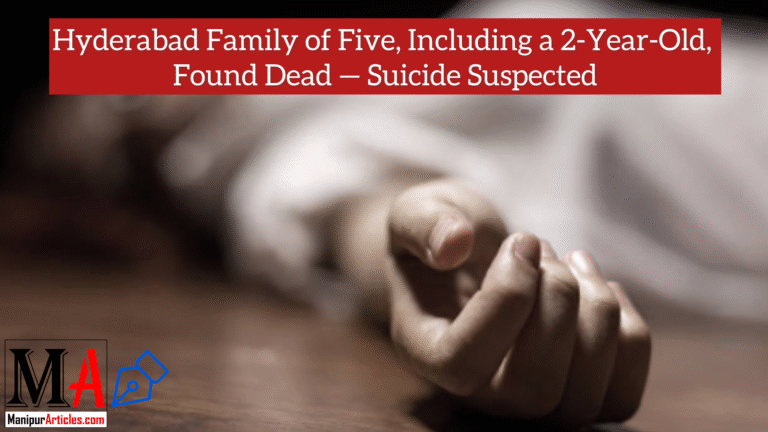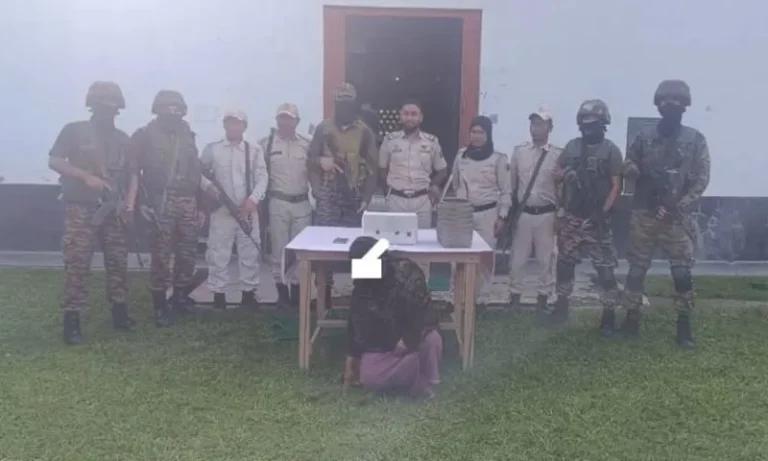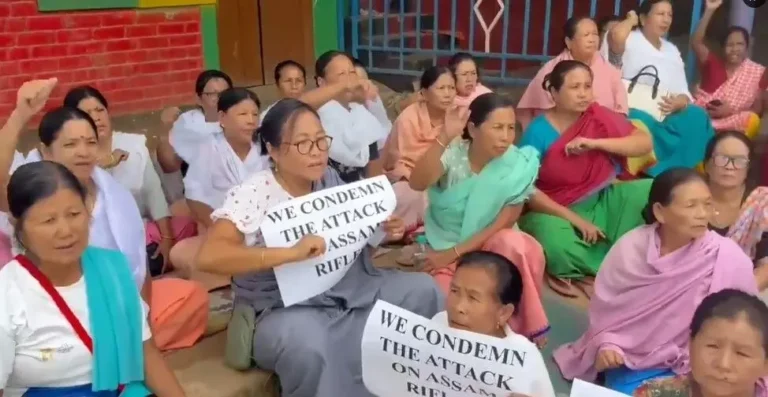“Fascist DMK”: Superstar Vijay Vocal Over Sanitation Workers’ Protest
Short summary
Tamil cinema superstar‑turned‑politician Vijay publicly condemned the arrest of sanitation workers who were protesting for their rights, calling the state government “fascist” and accusing the MK Stalin‑led DMK administration of inhumane, midnight arrests of peaceful protesters. Vijay — who leads the Tamilaga Vettri Kazhagam (TVK) — issued the statement as the sanitation stir in Chennai drew political attention and renewed debates over privatization, wages and the treatment of municipal workers.
Why this story matters —
Politics, public services and popular culture collided on the streets of Chennai when sanitation workers — the people who literally keep our cities breathable — staged a sit‑in over pay, job security and contracting changes. When a film superstar with a massive fan base and a political party used the word “fascist” to describe the ruling state party’s actions, the story stopped being just about garbage collection and turned into a flashpoint about democracy, rhetoric, and the politics of empathy. This matters because the optics of how a government treats frontline workers can swing public sentiment — and in Tamil Nadu, where film stars and politics are tightly interwoven, that sway is magnified.
What actually happened (the nuts and bolts)
Let’s walk through the concrete facts first, no spin:
- Sanitation workers in Chennai staged a protest (a sit‑in) to press demands tied to wages, job security and issues linked to privatization of municipal services. The protests have affected garbage clearance in several zones and forced partial outside contractor involvement
- During or around these protests, there were arrests carried out late at night. Vijay publicly denounced those midnight arrests, describing the government’s conduct as inhumane and labeling the DMK as “fascist.”
- Vijay is the head of the Tamilaga Vettri Kazhagam (TVK), and his statements carry both celebrity media weight and political resonance because his party is positioning itself as an alternative power in the state.
Those are the anchor points of the story. Everything else — claims, counter‑claims, predictions — builds from these facts
The human side: who are these sanitation workers, and what do they want?
When we talk about sanitation workers, we’re talking about people who do the essential, often invisible job of collecting and processing household and street waste. Their demands — as reported — include fair wages, regularization/permanent jobs (not precarious contractual arrangements), and fair treatment under any private contracting system. Think of it simply: would you want the person who empties your bin to have zero job security and shifting pay? Exactly.
Why does this matter beyond the moral argument? Because the practical fallout from disrupted sanitation is immediate: garbage piles up, health risks rise, and ordinary residents feel the impact within days. That makes the issue an easy political hotplate — and an emotive one.
Why Vijay’s voice amplifies this story (and why words like “fascist” are a big deal)
You don’t need a degree in Tamil cinema to know one simple fact: movie superstars in Tamil Nadu aren’t just entertainers — they are social brands, opinion leaders and often political actors. When such a figure speaks, millions tune in. Vijay’s TVK is a bona fide political outfit, and calling the DMK “fascist” does three things at once:
- It frames the government as authoritarian, not just administratively callous.
- It drags the sanitation workers’ issue from municipal policy to a matter of civil liberties and political morality.
- It raises the political temperature — opponents smell an opening, supporters get defensive, and neutral bystanders suddenly see the story through a broader democratic lens.
“Fascist” isn’t a throwaway insult; it’s an incendiary term in India’s current political vocabulary. Use it and you don’t just criticize policy — you indict character, and you force a response.
Reaction map: who’s saying what?
The response landscape looks something like this:
- Vijay / TVK: Condemnation of the arrests; strong rhetoric against the government; pledge (implicit or explicit) to stand up for workers
- Sanitation workers / unions: Focused on their demands: wages, regularization and humane treatment. They’re the core actors whose lives are directly affected.
- DMK / state apparatus: Official responses tend to emphasize law and order, municipal administration, and sometimes the need to balance worker demands with service delivery for millions. (Official press statements can vary by outlet and timing.)
- Other political parties & civil society: Some left and regional outfits may support the workers’ right to protest, while others critique the politicization of the issue.
The point? The story isn’t a two‑actor drama — it’s a marketplace of voices. Each actor has an incentive: the workers want demands met, politicians want votes and narrative advantage, and the public wants clean streets without turmoil.
FAQs (5 unique Q&A)
Q1: Who led the protests and what were the core demands?
A: The protests were led by sanitation workers in Chennai; their main demands included fair wages, job security/regularization, and fair handling of changes tied to contracting or privatization.
Q2: Did Vijay actually call the DMK ‘fascist’?
A: Yes — Vijay publicly condemned the arrests of sanitation workers and called the DMK government “fascist” while criticizing late‑night arrests, as reported by multiple outlets.
Q3: Is privatization the cause of this dispute?
A: Privatization and the shift to contractor models are part of the underlying tensions — especially when contract terms change wages or benefits. But immediate triggers can include specific wage disputes and police actions.
Q4: What’s the likely resolution — negotiations or crackdowns?
A: The likeliest resolution is negotiation and partial settlement, since prolonged sanitation disruptions carry public health and political costs; however, the rhetoric could push things toward escalation if not managed.
Q5: How can ordinary citizens influence a humane outcome?
A: Citizens can pressure local representatives for transparent negotiations, support non‑violent resolution, and use civic platforms to demand accountability for both service continuity and fair worker treatment.




